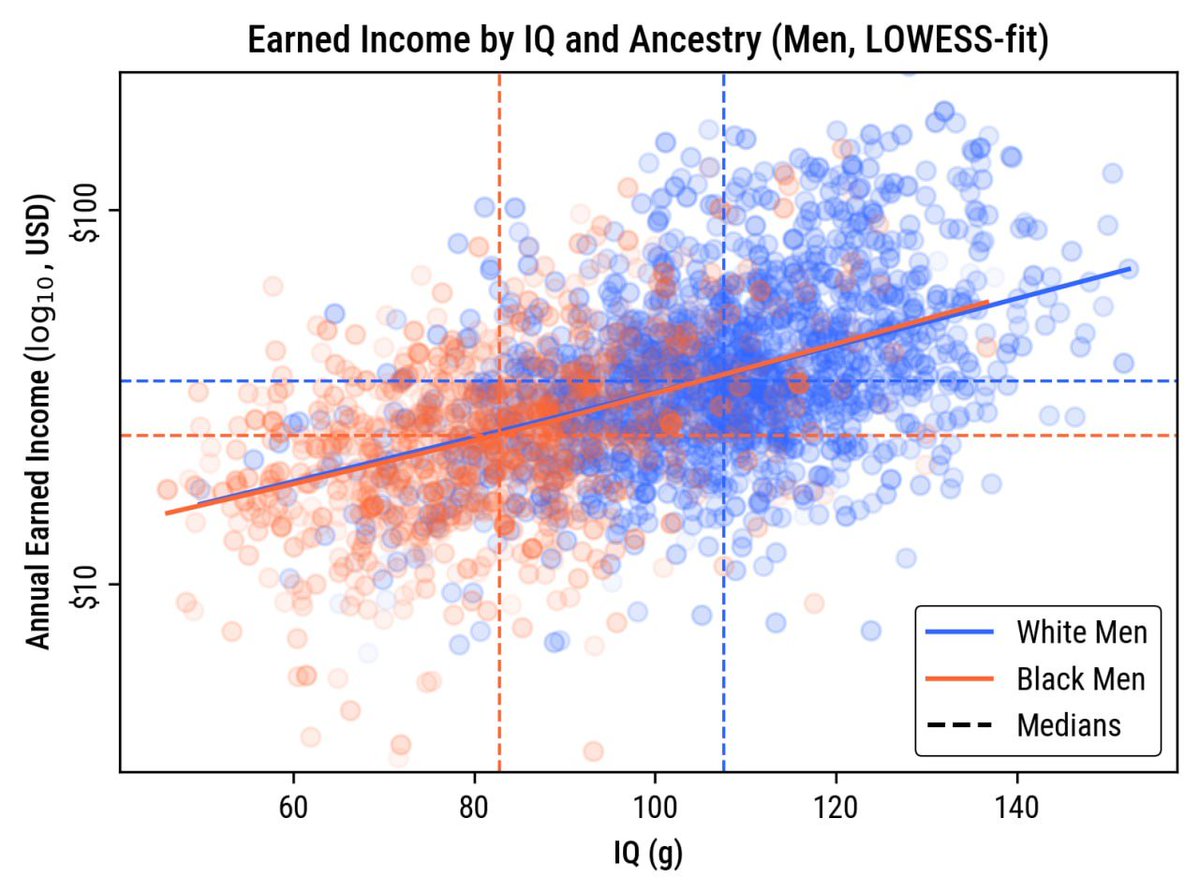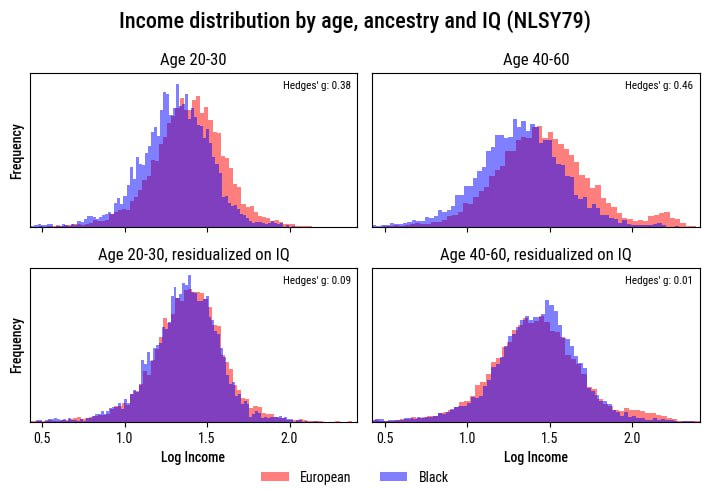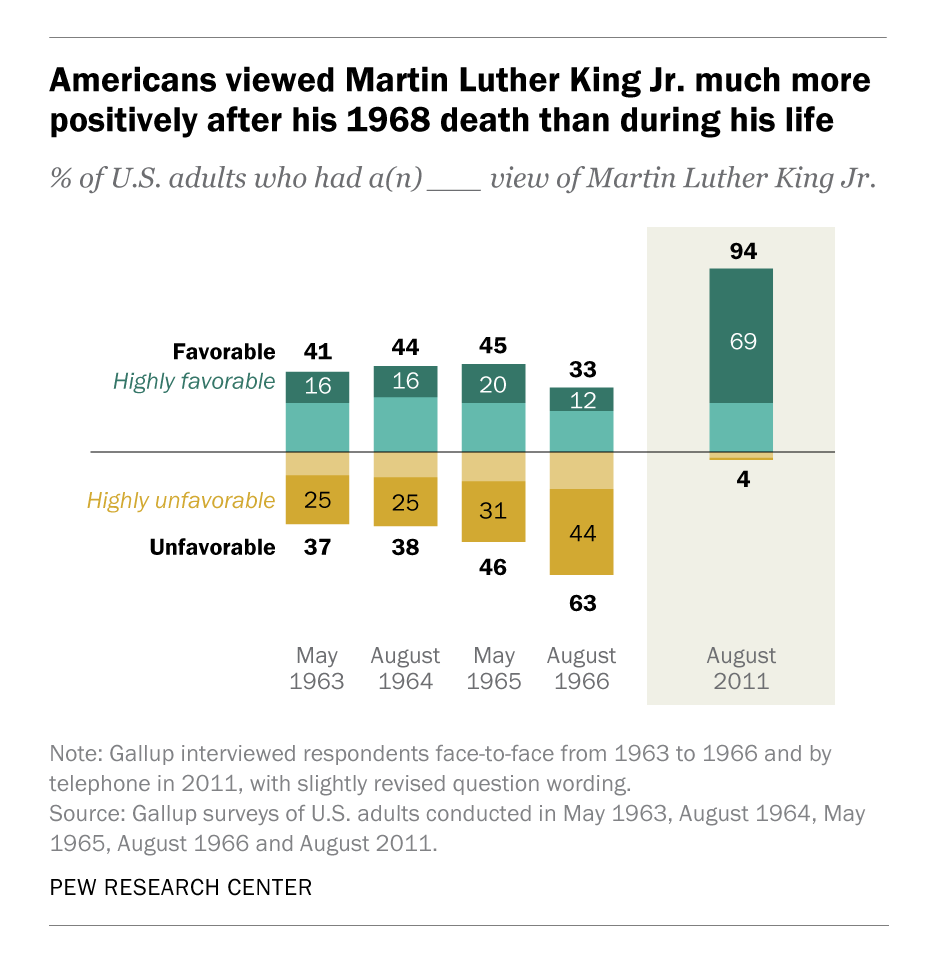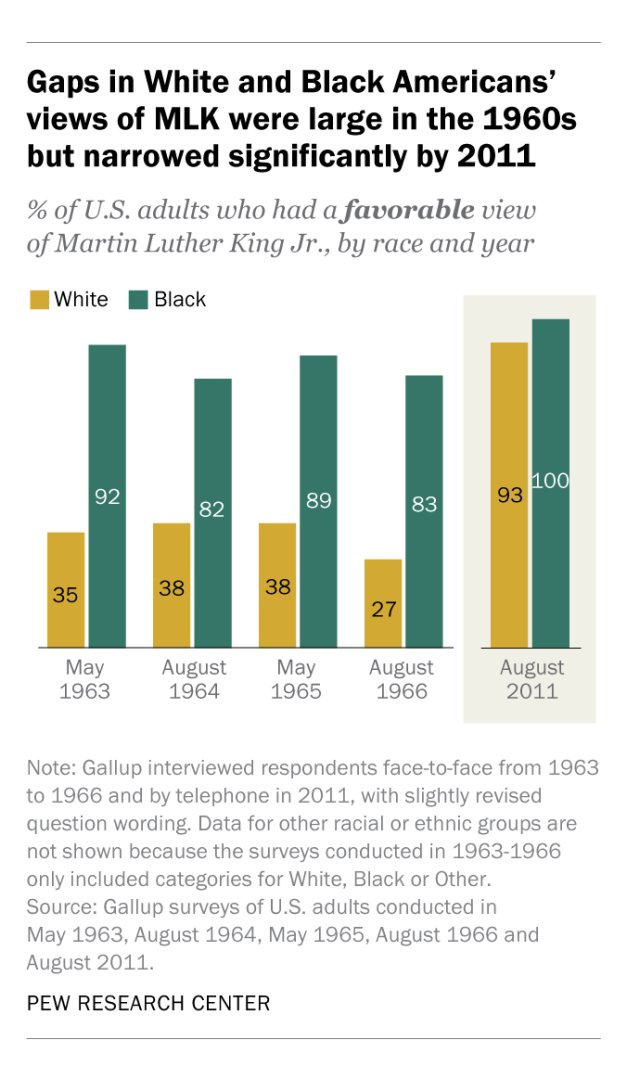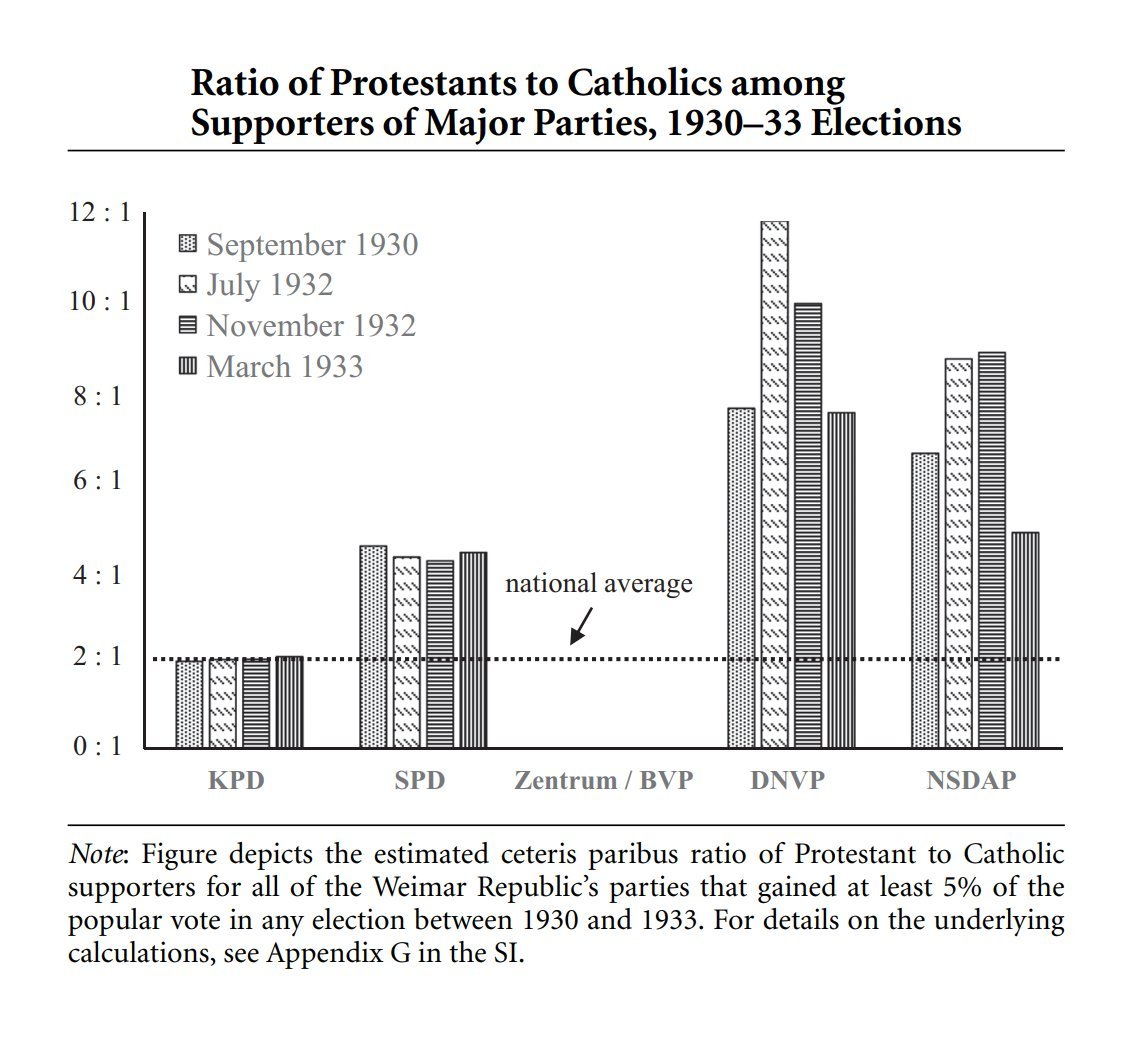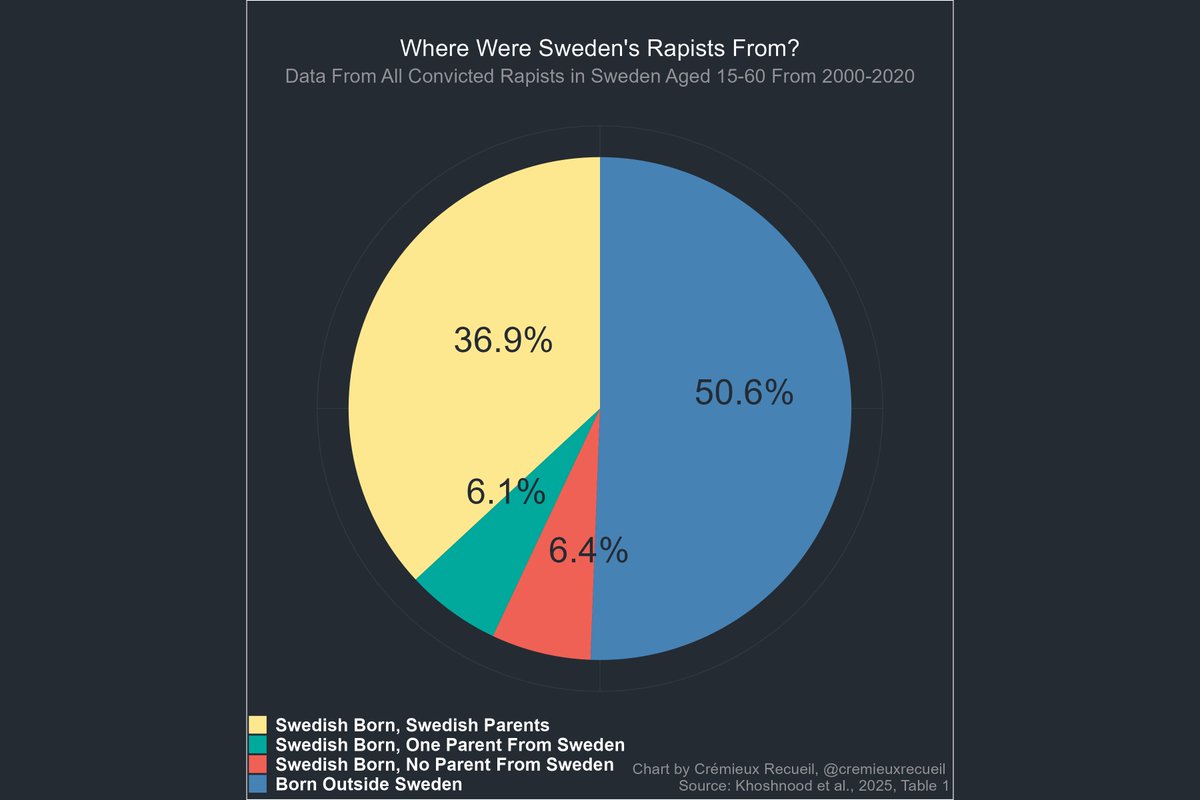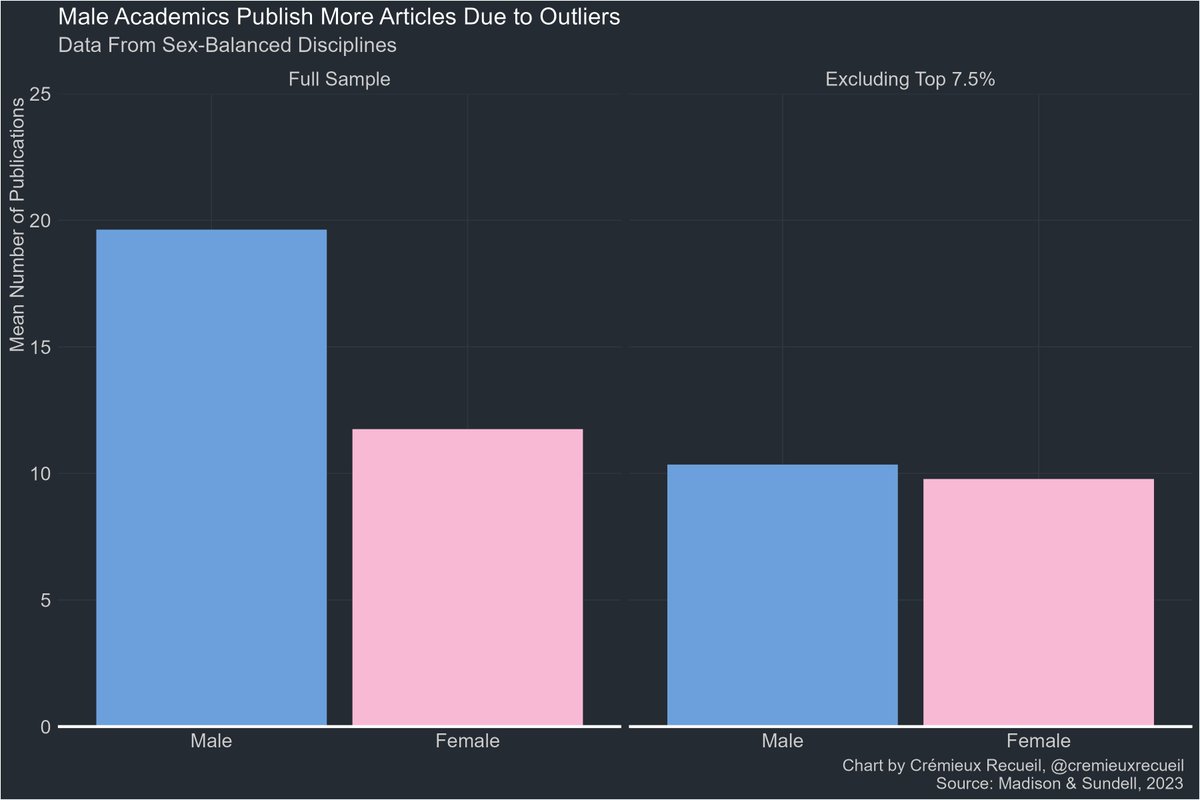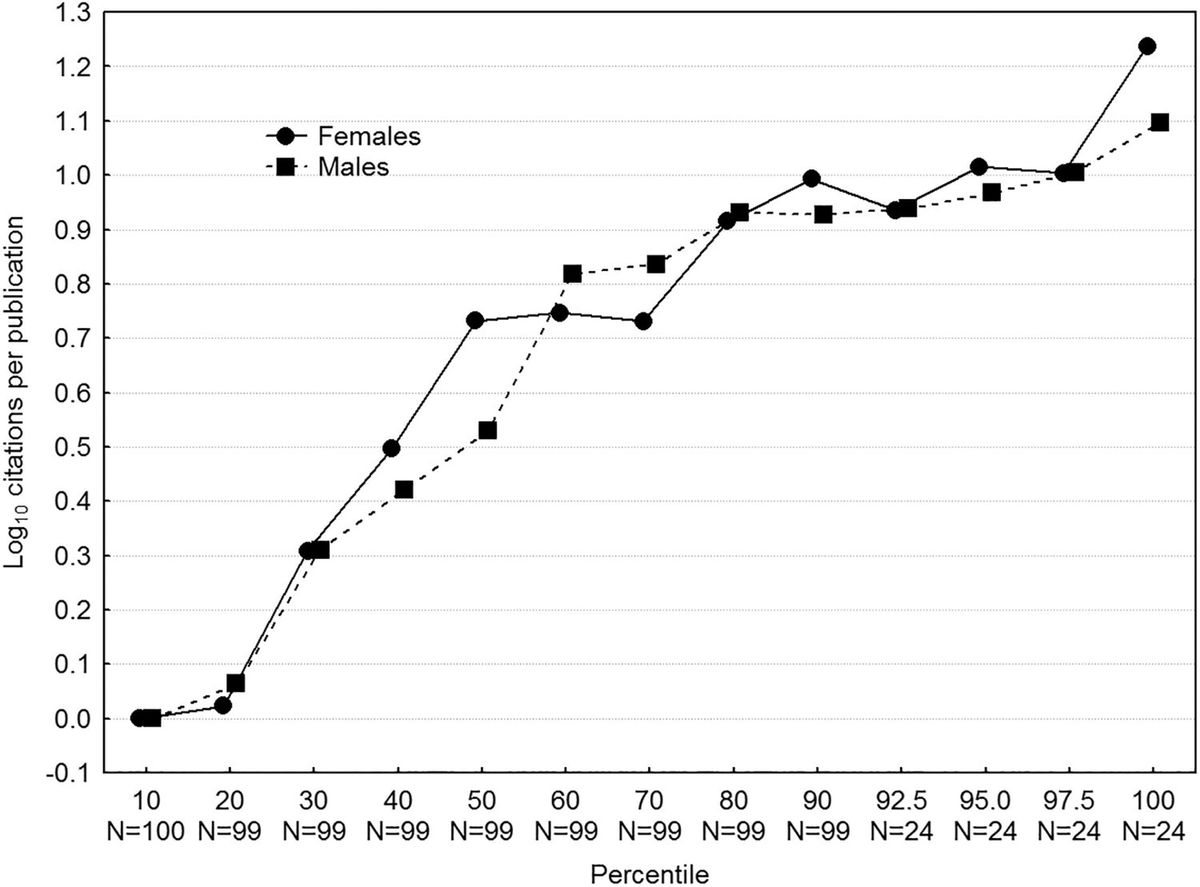The National Environmental Policy Act (NEPA) handicaps energy developers and subjects them to a stifling bureaucratic process that is preventing them from building the energy infrastructure America needs to get and stay ahead of its geopolitical rivals.
🧵
🧵

NEPA means review.
If you want to build something, the environmental impact has to be assessed. You need an environmental impact statement, and it can take a long time to deal with those.
So long, in fact, that many projects just shut down.
If you want to build something, the environmental impact has to be assessed. You need an environmental impact statement, and it can take a long time to deal with those.
So long, in fact, that many projects just shut down.

These projects are not one-offs either.
In fact, most solar and pipeline projects get hit by environmental impact statements, and large portions of them are canceled after putting up with the delays.
In fact, most solar and pipeline projects get hit by environmental impact statements, and large portions of them are canceled after putting up with the delays.

Often when we talk about the government impeding progress, we talk about invisible graveyards.
For example, in the 1980s, it was alleged that the FDA created an invisible graveyard of gay men who couldn't get sufficient medical treatment for HIV as a result of agency decisions.
For example, in the 1980s, it was alleged that the FDA created an invisible graveyard of gay men who couldn't get sufficient medical treatment for HIV as a result of agency decisions.
With NEPA, it's harder to see what the regulations cause us to miss out on because the graves aren't usually so literal.
But we have something very close: wildfires.
I'm sure some of you will remember when the sky over San Francisco turned an eerie red.
But we have something very close: wildfires.
I'm sure some of you will remember when the sky over San Francisco turned an eerie red.

Destructive wildfires are unfortunately common in the U.S., but they don't have to be
Sadly, when the Forest Service applies to treat more forest to prevent wildfires, they have to undergo NEPA review, delaying their ability to do their jobs.
Result? Flammable, overgrown woods.
Sadly, when the Forest Service applies to treat more forest to prevent wildfires, they have to undergo NEPA review, delaying their ability to do their jobs.
Result? Flammable, overgrown woods.

The irony of the "National Environmental Policy Act" is that it is killing the environment.
Entrepreneurs and the government alike want to do things to make the U.S. a greener, safer, and less polluted place, but NEPA has made that process arduous and often impossible.
Entrepreneurs and the government alike want to do things to make the U.S. a greener, safer, and less polluted place, but NEPA has made that process arduous and often impossible.
Like the Jones Act, NEPA must be fixed.
All of this comes from @AidanRMackenzie's new piece on NEPA and the need for reform.
Go give the piece a read: ifp.org/how-nepa-will-…
All of this comes from @AidanRMackenzie's new piece on NEPA and the need for reform.
Go give the piece a read: ifp.org/how-nepa-will-…
• • •
Missing some Tweet in this thread? You can try to
force a refresh





